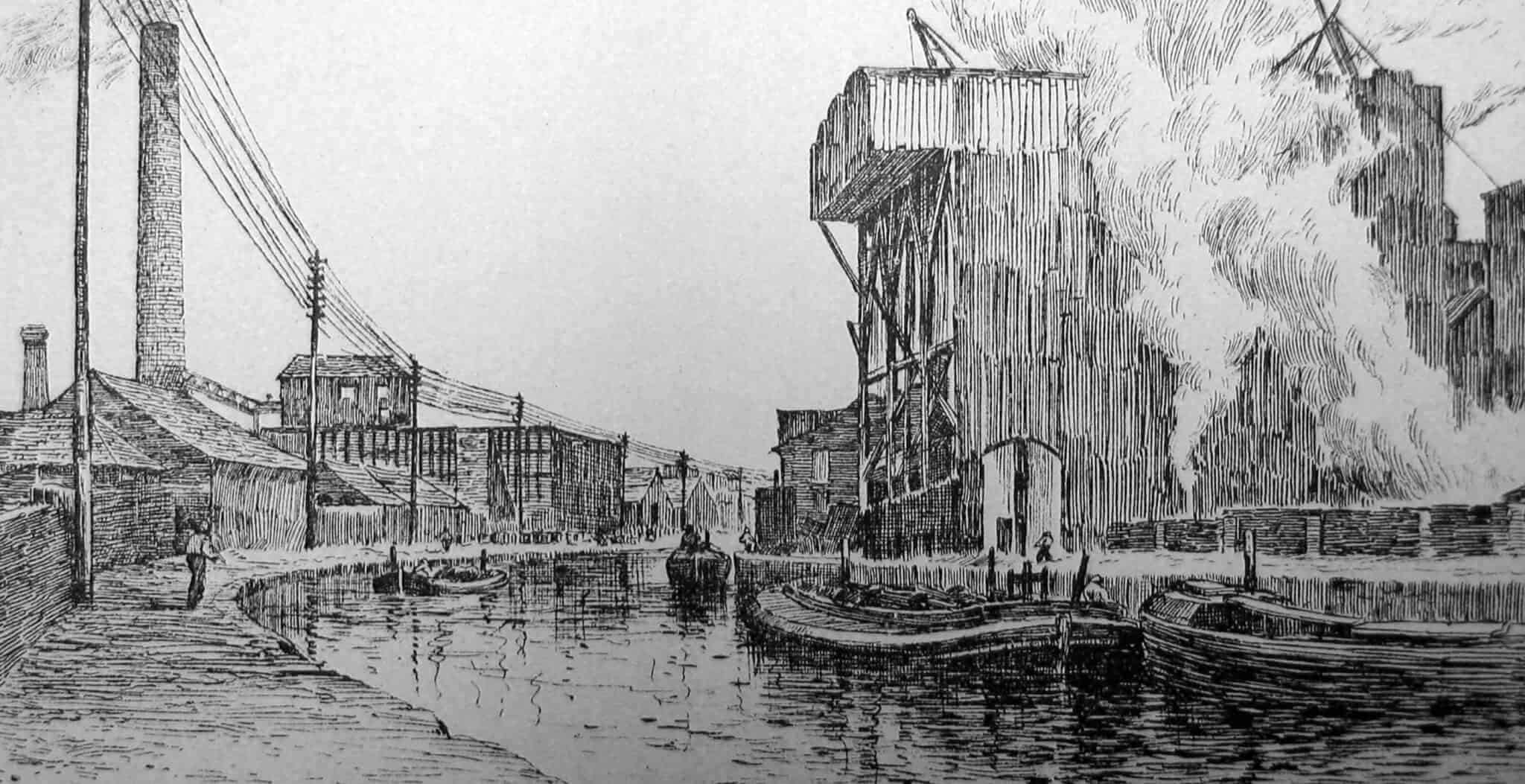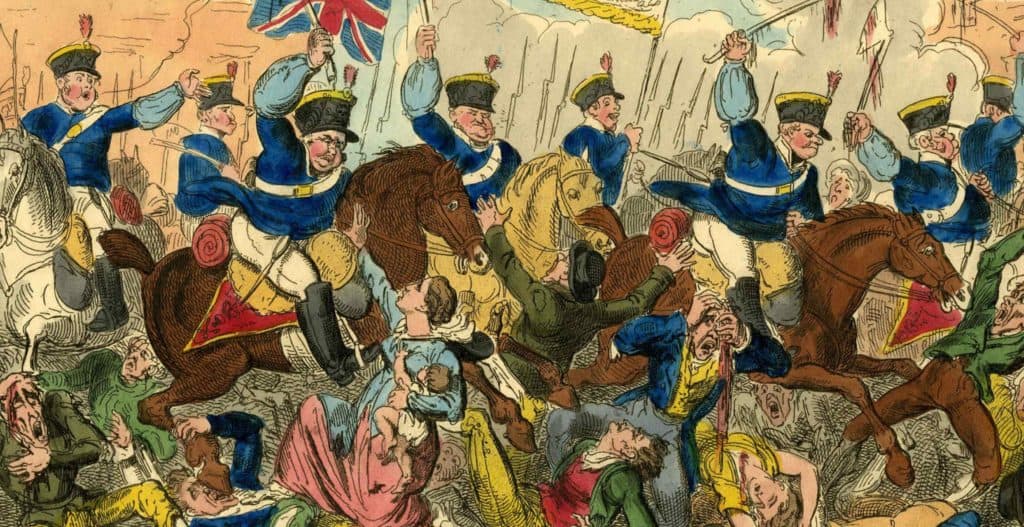Facts about Greater Manchester
![]() Population: 2,600,000
Population: 2,600,000 ![]() Famous for: Manchester United, Coronation Street
Famous for: Manchester United, Coronation Street ![]() Distance from London: 3 – 4 hours
Distance from London: 3 – 4 hours ![]() Local delicacies: Boddingtons Beer, Eccles Cake, Bury Black Pudding
Local delicacies: Boddingtons Beer, Eccles Cake, Bury Black Pudding ![]() Airports: Manchester Airport
Airports: Manchester Airport ![]() County town: Manchester
County town: Manchester ![]() Nearby Counties: Cheshire, Lancashire, Derbyshire, Yorkshire
Nearby Counties: Cheshire, Lancashire, Derbyshire, Yorkshire
Welcome to Greater Manchester, a region which includes Bury, Bolton, Stockport, Salford, Rochdale, Oldham and – of course – Manchester itself. This area was at the heart of industrial Britain and the wealth that Manchester derived from its industries is plain to see in the magnificent municipal buildings in the city centre.
The city has undergone a renaissance in modern times; Salford Quays, on the banks of the Manchester Ship Canal, is now a vibrant media and shopping area. Here you will find The Lowry, an arts centre and venue, the Imperial War Museum North and Media City UK, northern home of the BBC.
You can take a day-long cruise along the length of the Manchester Ship Canal from Salford to Liverpool. This magnificent feat of engineering allowed the Port of Manchester to develop into Britain's third busiest port.
Canals were vital to the Industrial Revolution for the transport of goods. The Bridgewater Canal, sometimes described as England's first canal and named after Francis Egerton the third Duke of Bridgewater, connects Manchester, Runcorn and Leigh.
The Industrial Revolution shaped this region of England. In Bolton you will find a beautiful half-timbered hall, Hall i’ th’ Wood. Rented out to tenants, a young Samuel Crompton came to live here with his parents and it was here in 1779 that he invented his Spinning Mule which revolutionised the cotton industry. The Grade I listed hall is now a museum.
Step back in time to the dark days of the Home Front in World War Two by visiting the unique Stockport Air Raid Shelters. Opened in 1939, the shelters were purpose-built for civilians. The museum allows you to explore the reconstructed tunnels and experience daily life during the war years.
As for regional food, Bury Black Puddings and Eccles Cakes are well known around the world. Eccles Cakes are small, round flaky pastry 'cakes' filled with currants. Black Pudding is a more acquired taste, with the recipe including such delights as pigs blood and cubes of pure fat...





